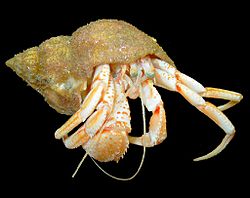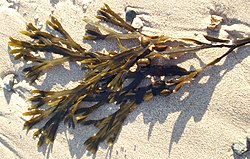This article needs additional citations for verification .(July 2010) |

The rockpools of the British Isles are a feature of rocky shores and have a particular life of their own. Conditions within them are different from the open sea, as they are exposed to increased sunlight, as well as predation from land-based animals and accidental damage from tourism. Some, such as those in Wembury Marine Centre, are formally protected.












